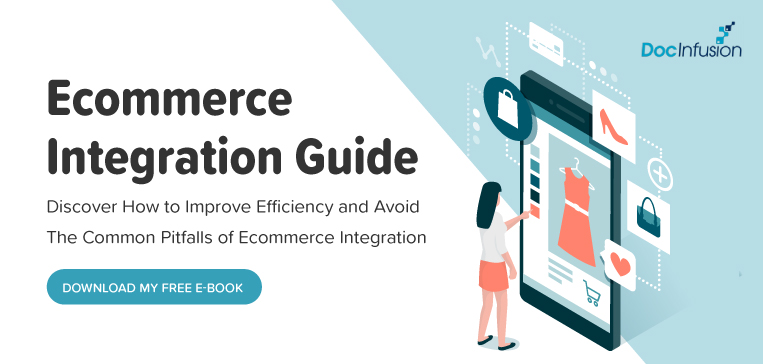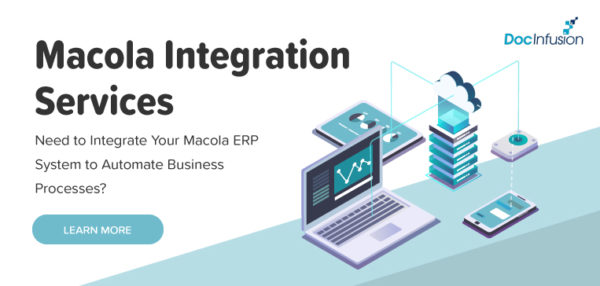Business integration is the alignment of organizational strategy and goals with information technology.
This typically involves integration with an ERP to free siloed data and enhance business processes and results.
So, the question is, what is ERP integration and what is ERP in business? We have the answers for you below.
What Is Business Integration and How Does the ERP System Achieve It?
It’s best to start with a simple definition: Business integration is the technique companies use to align the use of their technology assets with their business to meet a shared goal or outcome. The unification of technology and business goals allows companies to operate smoothly as they move forward and adapt.
For businesses seeking integration services, an ERP system, or enterprise resource management system, is an excellent choice. This is because ERP systems are specifically designed to combine business technology tools and functions together so they can easily be accessed through a single system. This allows for easy access to information and provides companies with the flexibility and freedom to grow.
ERP Integration in Business
Taking your company to the next level is essential if you wish to get a competitive edge in business — and integrating your enterprise resource planning (ERP) system is an essential part of this process.
So what is an ERP system in business?
ERP stands for enterprise resource planning and is a way that departments communicate within a business. ERP software works as, or along with, a project manager to keep things running smoothly and to make sure that everyone in the department has the information they need to complete important projects on time.
What is ERP Integration?
An integrated ERP system works with a variety of business platforms to support enhanced departmental communication and insight. This means that important, relevant information from accounting can be shared with marketing and HR—and vice versa.
The Benefits of ERP Integration
What is the meaning of business integration in ERP?
Integrating your ERP essentially means
- Increased Transparency and Information Sharing: when other departments have immediate access to information, documents, or files that they need, it increases response time and boosts office efficiency.
- Data Accuracy: with software that accurately stores all information in an easily accessible place, ERP integration eradicates errors and time-consuming manual processes.
- Real-Time Data Access: Rather than gaining access to critical data tomorrow, next week, or even next month, you can view everything in one place when you need it.
- Automation: by integrating your ERP with the rest of your business platforms you can eliminate the need for redundant and manual data entry.
With integrated ERP, your entire company functions as a whole, not as separate departments with separate agendas. Whether you are working with remote or in-office personnel, with ERP integrated successfully into your company structure, you’re set up for success.
An ERP Integration Overview
ERP integration can drastically improve the workflow of individual departments, in addition to increasing visibility and accuracy. Get an overview of what ERP does for specific departments within a company and start to see just how important ERP integration software is.
IT Department:
- Track expenses
- Maintain tight security and privacy
- Access data from other departments
- Securely store information and statistics for other departments to use
Project Management Department:
- Work with on-site and remote employees
- Faster access to the data you need to keep projects moving
- Lead multiple teams simultaneously with progress tracking
- Gain a clearer high-level and granular view of company processes and activities
Marketing Department:
- Share materials for collaborative projects
- Share collateral with other departments
- Easily access campaign performance data, sales data, and CRM insights
Takeaways
Just about any company would benefit from the increased communication accuracy that an ERP business integration offers.
Benefits such as gaining new insights into your customer base, eliminating the need for manual data entry and enhancing project output are all common with an integration of ERP software. If you’re looking to give your personnel increased visibility and the opportunity to perform at a higher level then an ERP integration may be just what you need.
Download Your Guide to Ecommerce Integrations. Click Here for Your Free E-book.
You May Also Like:



